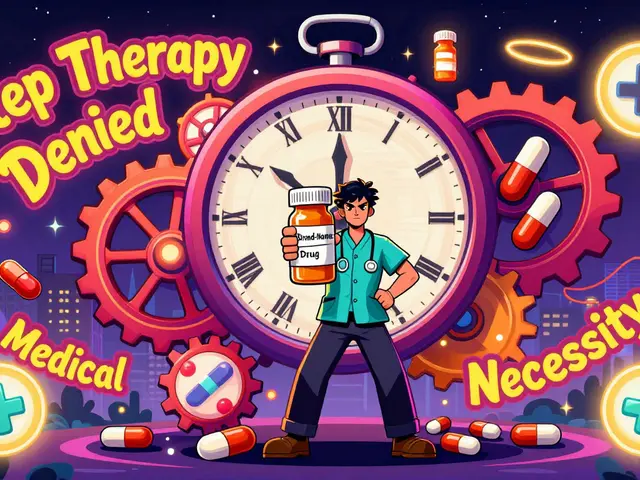Hydrochlorothiazide (HCTZ) is a widely used thiazide diuretic for treating high blood pressure and fluid buildup.
It works in the kidneys to reduce sodium and water reabsorption, which lowers blood volume and eases swelling. Many prescribers favor HCTZ because it’s affordable, effective for mild to moderate hypertension, and often used in combination pills.
Typical dosing starts low — commonly 12.5 to 25 mg once daily — and your doctor may adjust based on response. For swelling related to heart or kidney problems, doses can be higher under close medical supervision. You’ll usually take HCTZ in the morning to avoid waking at night to urinate. If your pill causes dizziness, stand up slowly and avoid driving until you know how it affects you.
Common side effects include increased urination, low potassium, low sodium, dizziness, and lightheadedness when standing. HCTZ can raise blood sugar and uric acid, which may affect people with diabetes or gout. Less common issues include allergic reactions, rash, or sensitivity to sunlight. If you notice muscle cramps, extreme weakness, fainting, or confusing symptoms, contact your healthcare provider right away.
A few drug interactions matter. Nonsteroidal anti-inflammatory drugs like ibuprofen may reduce HCTZ’s blood pressure effect. Combining HCTZ with lithium can raise lithium levels and risk toxicity. Using HCTZ with other blood pressure medicines may increase the chance of low blood pressure or electrolyte changes. Tell your doctor about all medicines, vitamins, and herbal supplements you take.
Monitoring helps you stay safe on HCTZ. Expect a check of your blood pressure and a blood test for electrolytes and kidney function shortly after you start or change the dose — often within one to two weeks. Periodic checks every few months are common after stable dosing. If you have diabetes, your doctor may watch blood sugar more closely. If you have gout, mention any rise in joint pain.
Simple tips make HCTZ easier to live with. Take it in the morning, with or without food. Stay hydrated but avoid big drops in fluid — balance is key. Eat potassium-rich foods like bananas and spinach unless your doctor advises otherwise. Use sunscreen and cover up outdoors if you notice sun sensitivity. Keep a list of symptoms and meds to bring to appointments.
Who should be cautious? Pregnant or breastfeeding people should talk with their doctor because thiazide diuretics can affect pregnancy. Severe kidney disease or very low blood pressure usually rules out HCTZ. Older adults may need lower doses and closer monitoring because they are more prone to dehydration and electrolyte shifts.
If you’re starting HCTZ or have questions, ask your prescriber clear, specific questions: Why this drug for me? What dose will I start on? When should labs be repeated? What signs mean I should call you? That simple conversation prevents surprises and keeps treatment on track.
Hydrochlorothiazide is widely available as a generic and in fixed-dose combos with ACE inhibitors or ARBs, which often improves control. Store pills in a cool dry place and refill before you run out.
Managing Hypertension: Benefits of Enalapril-Hydrochlorothiazide Combination
Living with hypertension can be challenging, but medications like enalapril-hydrochlorothiazide offer a potent solution for managing blood pressure levels. This article explores the role of this combination drug in hypertension treatment, its benefits, possible side effects, and tips for effective use. Understanding how this medication works empowers individuals to make informed choices about their health. Alongside medical advice, lifestyle changes enhance the efficacy of treatment for a healthier, stress-free life.





